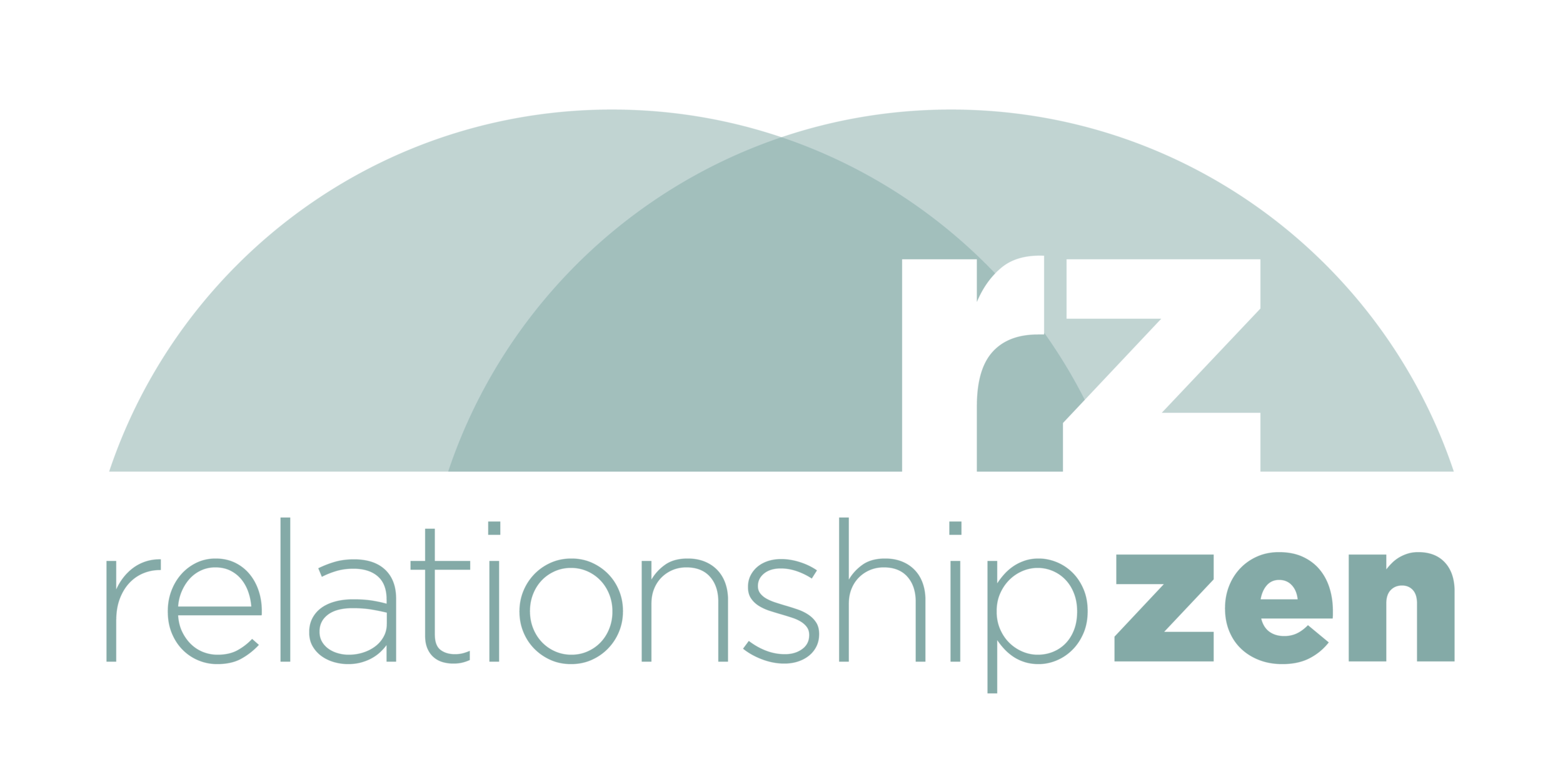How to be a Better Listener in Your Relationship
Photo by Justin Follis on Unsplash
Has your partner ever complained that they don’t feel heard, or that you don’t listen to them? If you’re in this situation, you’re not alone. We supported over a dozen couples last week who said that they often feel that:
their partner doesn't get how they feel, and that
it's difficult to share negative feelings with their partner.
These issues can sound like a small or laughable thing, but they’re actually very key symptoms that could result in emotional disconnection, resentment and drifting apart. Deep listening can help. Listening IS difficult! But don’t settle, we can ALL improve.
Why is listening so hard?
It’s often a result of conditioning, and not truly how you want to respond to each other (and make each other feel):
Listening requires concentration: No doubt, active listening is really demanding! Our brain is already trying to process so many complex images, sounds, and information all while operating an entire body! It takes a lot of practice and focus to consciously listen. Start by simply paraphrasing what’s being said and checking to see if you’re on track.
Listening requires resisting impulses: Instead of “listening”, it’s common to be thinking about our response, our delivery and generally how we will come across to the other individual. It’s hard to suspend our “inward” focus.
Listening requires that we suspend problem solving: We’re wired to notice problems and to fix or avoid them. This means that instead of deeply listening to the other person, we’re actually immediately solving and analyzing. Instead, ask your partner if they’re looking to problem solve or simply to vent or be heard.
Listening requires non-judgment: Especially when someone is complaining about you, your ideas, or something you did, you might feel inclined to defend yourself or to prove your own point of view… Unfortunately that’s not listening either. Instead, gently ask them to use “I” statements so you can actually hear what the issues are instead of feeling as defensive.
Bottom line: All too often we respond and react too quickly in situations, especially when our partners are just trying to be heard and feel seen. They try to fix, problem solve, judge, offer advice and opinions, and take up a stance before actually sitting with their partner’s reality and their inner world.
The result of poor listening?
You unintentionally invalid each other's feelings. This is where many relationships go wrong.
But don’t worry, we’ve got your back.
To build a thriving relationship, turn every conversation into a practice of deep conscious listening. This will improve your sense of connection and ability to share and validate one another’s feelings.
Don't know where to start?
Well, if you’re committed to your relationship, then implement these skills right away to have that thriving relationship you deserve:
1. Listen to learn, not to reply.
Really listen to what your partner is saying and even more intently for what they're feeling. Can't hear it? Ask curiosity-based questions like:
"Is there a story behind this for you?"
"Might this relate to a value of yours?"
"What's most upsetting to you about this?"
When in doubt, simply start a question with either “who”, “what”, “where”, “how”, “when”, “why”, or “how”.
And remember, it’s OK and encouraged to say “I don’t understand”, or to embrace the silence. Remember, this isn’t a performance and you’re not being graded. This is about human connection and we’re complex beings.
Your first task is to get absolutely clear about their point of view, whether or not you agree with it.
2. Restate to acknowledge, not to check a box.
There are two parts to doing this. The surface-level part is to literally restate what you heard them say about their experience and feeling:
"I heard you say [...] And that it made you feel [...] Is that right?"
This might take multiple back and forths and that’s normal. It’s not a competition to see who can achieve understanding the fastest. It’s also not an opportunity to judge your partner if they have a hard time understanding you.
The deeper aspect of it is to actually connect to their feeling(s). You'll literally sense their relief when you can connect to what your partner is saying and feeling.
Even if you don’t agree with that they’re saying or can’t relate to their experience, the chances are you can think back to a situation in which you felt what they’re feeling (e.g. guilt, loss, frustration). If not, simply imagine what it would be like to feel what they’re feeling.
When you do this, your acknowledgement will be genuine, sincere, and authentic.
3. Ask what they need most.
Once your partner says and feels that you really get it, ask what they might need to move forward:
"What do you need?"
"Is there anything I can do to support you in this?"
Invite them to talk and to share. Offer to help them explore/brainstorm only if they want your assistance.
Did you notice that understanding must come before advice giving and problem solving?
In a thriving relationship, we need to listen, learn and unlearn before taking the appropriate actions TOGETHER.
When you do this right, you’ll be “holding space” for your partner.
What Does Holding Space Look Like?
Holding space means sitting with their reality and making the moment about them, without trying to convince, fix or judge.
It sounds like:
"I hear you", because I'm asking clarifying questions about your thoughts and feelings.
It feels like:
"I see you", because I'm validating your lived experience with no intent to fix or judge.
It's actually like:
"I'm with you", because I'm simply choosing to connect with what you're feeling, even if I might disagree or have opinions.
Want to be a better listener? Start with you.
In what situations do you see these techniques working for you?
When do you see it not working for you?
If the “not working” outweighs the “working” situations, let us know. It’s not your fault. These skills take time, effort and energy to build.
If you want to fast track your conscious listening skills, reach out to us. Sometimes you just need a little coaching and feedback to turn stressful conversations into thriving ones.
We’re not two halves, we’re two wholes sharing a path and we’re inviting you to join the movement!
David and Lindsey
Your trusted conscious relationship coaches
P.S. If you loved this article, please share it with a friend who needs it. Your shares help inspire one thriving relationship at a time. Or, read on. Thank you!











